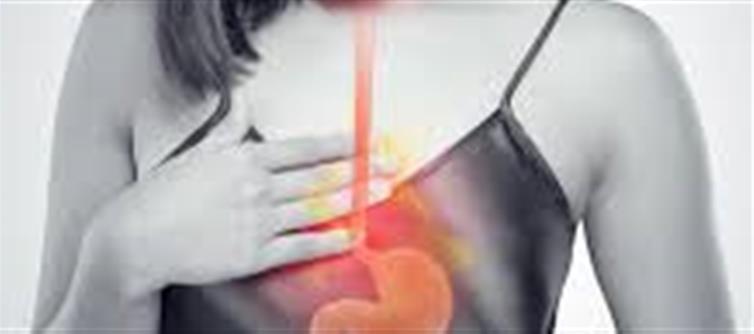
Many people think heartburn and acid reflux are the same—but they aren’t. While related, knowing the difference is crucial for proper treatment and preventing long-term complications. Dr. Anukalp Prakash, director of Gastroenterology at CK Birla Hospital, Gurugram, explains how to tell them apart.
1. What Is Acid Reflux?
Acid reflux happens when stomach acid moves backward into the esophagus due to a relaxed or weakened lower esophageal sphincter (LES), a valve-like muscle.
2. What Is Heartburn?
Heartburn is actually a symptom of acid reflux. It’s the burning sensation in your chest or throat caused by acid irritating the esophagus.
3. Where Does It Hurt?
Acid Reflux: Can cause discomfort in the chest, upper abdomen, or throat. Other symptoms may include coughing, hoarseness, or a lump-like sensation in the throat.
Heartburn: Usually feels like burning behind the breastbone, sometimes spreading to the neck or jaw.
4. Timing of Symptoms
Acid Reflux: Can happen anytime but is more common after large, fatty, or spicy meals and when bending or lying down.
Heartburn: Typically occurs after meals and worsens if you lie down soon afterward.
5. Associated Symptoms
Acid Reflux: Often comes with regurgitation (sour liquid in the mouth), bloating, bad breath, or sore throat.
Heartburn: Primarily a burning sensation, sometimes with a bitter or sour taste.
6. Frequency and Severity
Acid Reflux: Occasional reflux is normal. If it happens more than twice a week, it could indicate GERD (Gastroesophageal Reflux Disease), which may damage the esophagus.
Heartburn: Occasional heartburn is common, but frequent or severe heartburn usually signals ongoing acid reflux.
7. When to See a Doctor
Consult a doctor if you experience:
Recurring symptoms
Difficulty swallowing
Unexplained weight loss
Chest pain that mimics heart issues
Key Takeaway
Heartburn is just one symptom of acid reflux, but acid reflux can cause many other issues beyond the burning sensation. Understanding the difference helps you take action through dietary changes, lifestyle habits, or medical treatment, keeping your digestive system healthy and preventing complications.
.jpg)




 click and follow Indiaherald WhatsApp channel
click and follow Indiaherald WhatsApp channel